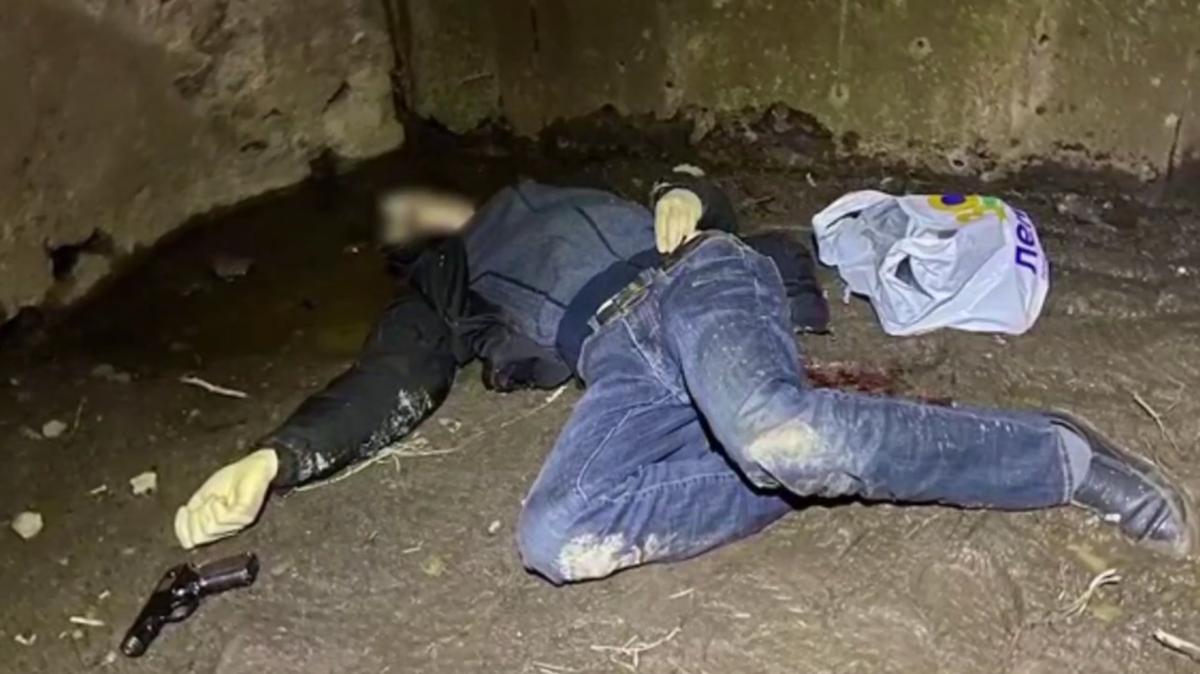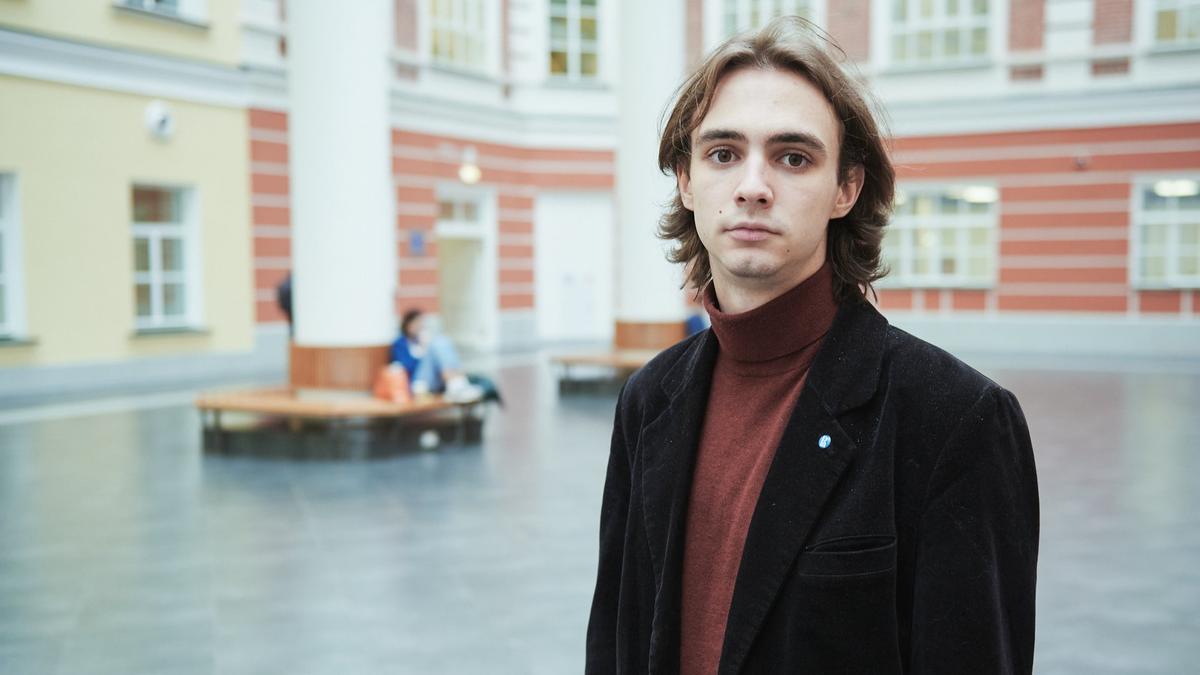The Fajr Film Festival, once the Islamic Republic's most prominent annual cultural event, has caused embarrassment for the regime, its officials, and supporters this year.
According to reports, Iran's best-known filmmakers refused to attend the opening gala, critics criticized the organizers for their poor programming, and artists confronted officials for various reasons. The festival has become a political tool in the hands of hardliners to punish independent filmmakers and promote their loyalists.
Elnaz Shakerdoost, an actress who received awards in previous years, purchased a ticket last week to attend the festival movie house in Tehran where her new film, “Without A Body,” was being screened since she was not even invited to the opening ceremony. Shakerdoost decided to take the stage and address the audience about censorship.
The actress, considered a superstar, had been barred from official ceremonies due to her support of the 2022 protests in Iran and her advocacy for Iranian women defying compulsory hijab. She managed to make her way to the stage at the end of her movie and declare, "This is not a festival; this is a cultural war." As officials raised the music volume to drown out her speech, she added, "The officials screen the films they cannot find a reason to ban in the 'new look' section and effectively bury the movies alive forever."
The festival this year, decided to pay tribute to director Parviz Sheikh-Tadi, known for making movies in support of the regime’s ideology. He is best known for his film, “Saturday Hunter,” full of conspiracy theories about Zionists controlling the world. Culture Minister Mohammad Mehdi Esmaili and two of the festival's officials ushered him to the stage, believing in his revolutionary credentials, unaware of any potential change in his views over the years.
Onstage, Sheikh-Tadi presented a tie as a gift to the Minister to make him appear tidy and serious, highlighting that hardliners in Iran used to cut people's ties, viewing them as a symbol of Western civilization. To embarrass the officials further, he took out a woman's headscarf and stated that it was futile to force women to wear it. The audience gave him a standing ovation, and the officials wore forced smiles, worried about what might happen next. The audience applauded every word Sheikh-Tadi uttered during his powerful protest act.
One film critic commented, "The videos and pictures of the event went viral, offering a valuable lesson for the officials. However, based on experience, we shouldn't be too optimistic." He pointed out that Sheikh Tadi shared political affiliations with the officials, making his message particularly impactful. "Who else should have told them what they needed to hear?"
Yet another embarrassment came as Asghar Naimi, a filmmaker and a former journalist tried to enter the festival's venue to watch his film, “Two days Later,” with the audience. The festivals officials and the organizers' representatives did not recognize him and violently tried to stop him. Naimi, a strong man, forcefully made his way inside while chastising the officials, who seemed clueless about the festival's essence.
Naimi later commented that "those who fund the movies through connections with the state should stop ignoring Iran's independent cinema."
Even during its best periods under President Mohammad Khatami's reformist government (1997-2005), the Fajr Film Festival, dedicated to paying tribute to the 1979 Islamic revolution, remained a caricature of the pre-revolution Tehran International Film Festival, which showcased the best of Iranian and world cinema and attracted giants from the global film industry.

 2 months ago
31
2 months ago
31


